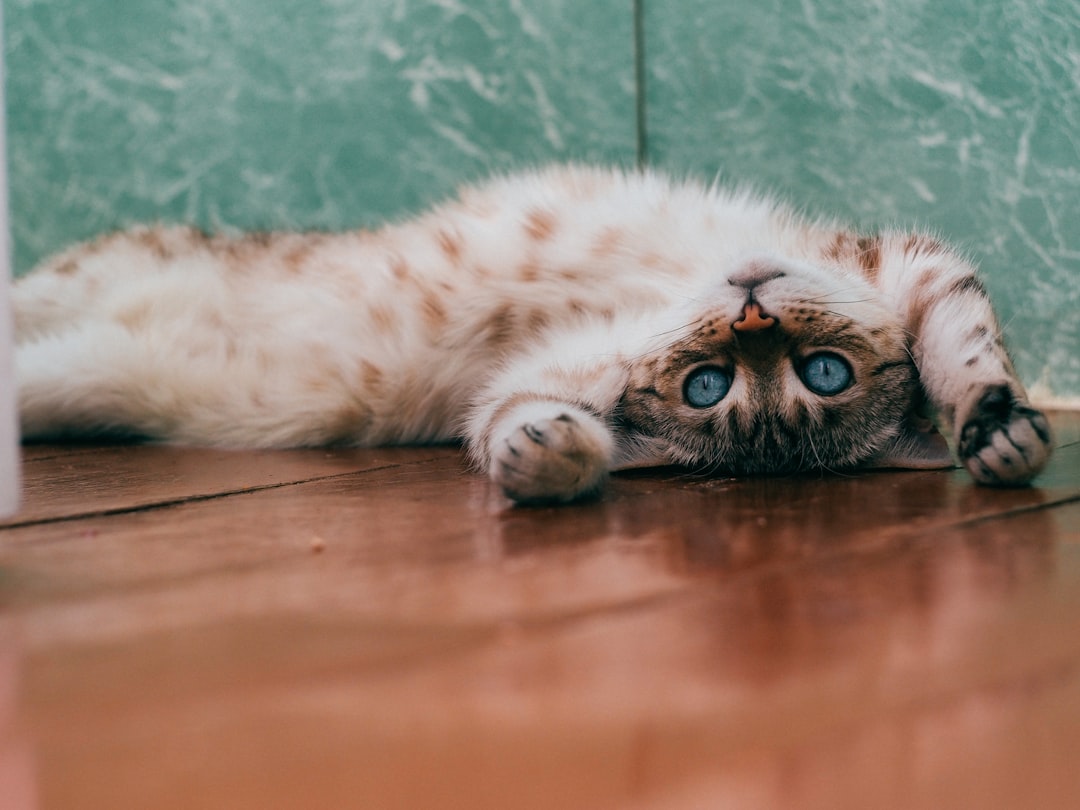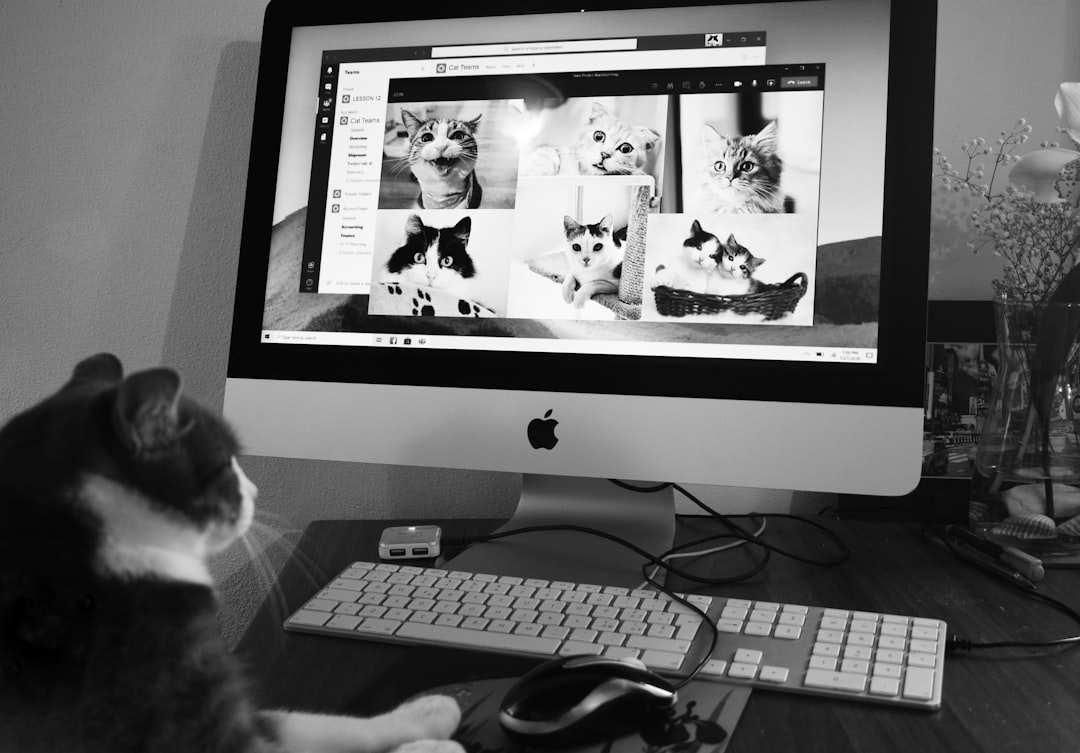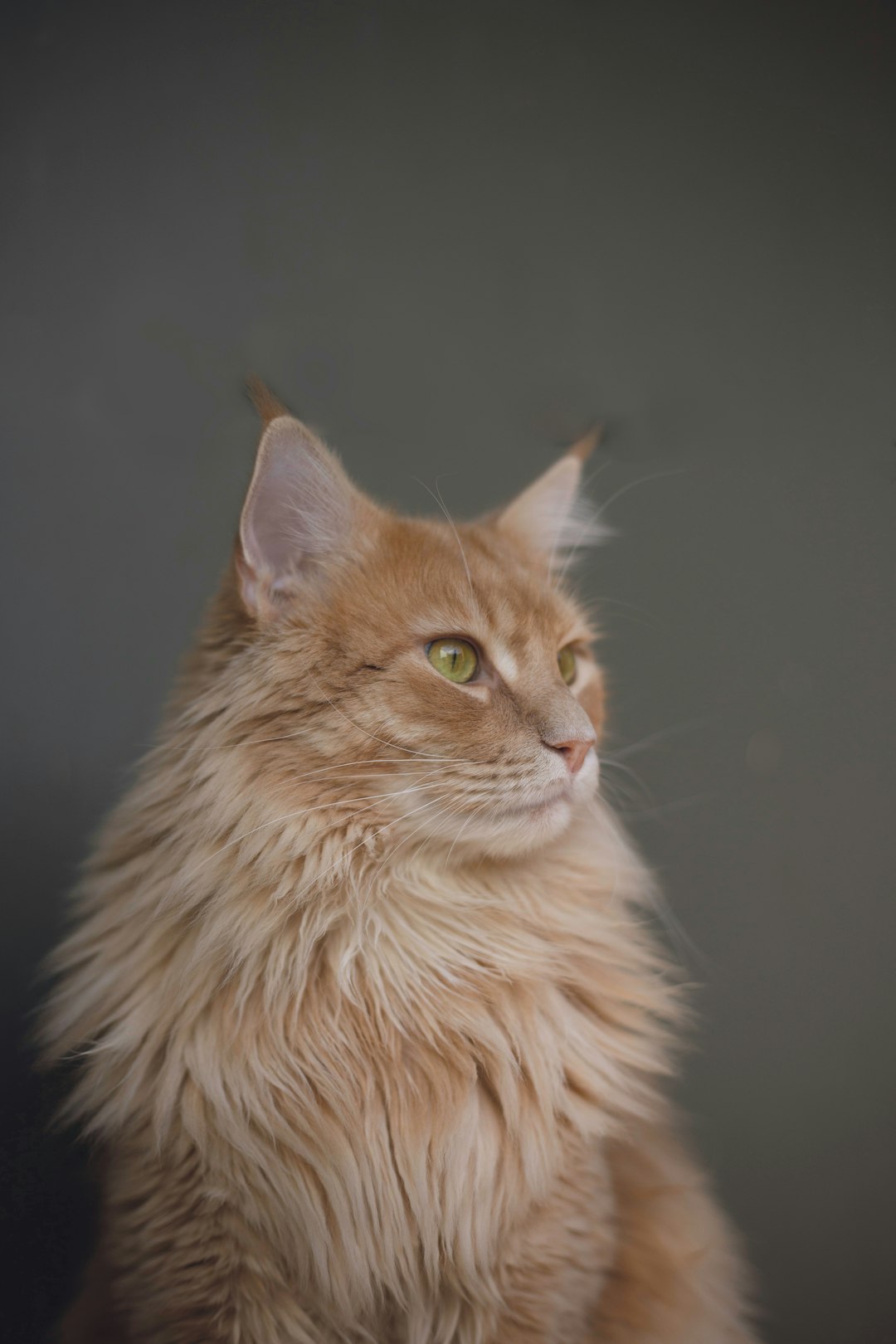Catnip often piques the curiosity of pet owners, leading them to wonder, "can kittens have catnip?" This leafy herb, known for its stimulating effects on adult cats, raises questions about safety and proper introduction for younger felines. With their developing bodies and unique needs, understanding how catnip affects kittens is crucial. In this post, we will explore the safety of catnip for young cats, provide tips for introducing it, and share best practices to ensure a positive and safe experience for your playful companions.
Understanding Catnip and Its Effects on Kittens
Catnip, or Nepeta cataria, is a member of the mint family and is well-known for its psychoactive effects on cats. But can kittens have catnip? The answer lies in understanding how catnip interacts with felines at various stages of life.
Key Points about Catnip and Kittens:
Active Ingredient: The main compound, nepetalactone, triggers a response in cats, causing behaviors such as:
- Euphoria: Many cats exhibit playful and hyperactive behavior.
- Relaxation: After the initial excitement, some may feel calm and sleepy.
Age Sensitivity: Kittens typically don’t respond to catnip until they reach about six months of age. Before this age, their olfactory receptors are not developed enough to perceive its effects.
Genetic Factors: Not all cats are affected by catnip, as sensitivity is hereditary. Approximately 50-70% of cats show a response.
Safety: Generally, catnip is safe for kittens, as it is non-toxic. However, moderation is key to avoid overstimulation.
By understanding these factors, you can better determine if your kitten can partake in the fun of catnip!

Is Catnip Safe for Young Cats?
When it comes to the question can kittens have catnip, it’s essential to understand the safety aspects first. Generally, catnip is considered safe for most cats, including young kittens. However, there are a few key points to keep in mind:
Age Matters: Kittens younger than six months often lack the sensitivity to catnip. Thus, introducing it before this age may not yield noticeable reactions.
Health Conditions: Always check with your veterinarian if your kitten has any underlying health issues. In rare cases, some cats might experience mild gastrointestinal upset.
Moderation is Key: Excessive exposure could lead to overstimulation. A few play sessions with catnip are sufficient; consider limiting usage to once or twice a week.
Observation: Watch how your kitten reacts. If you notice signs of distress, such as sneezing or lethargy, discontinue use immediately.
In conclusion, while can kittens have catnip is a valid question, with the right guidance and moderation, it can be a delightful addition to your kitten’s playtime!
How to Introduce Catnip to Kittens
Introducing catnip to your kitten can be a delightful experience. However, it’s important to do it the right way. Here’s how you can safely introduce catnip, keeping in mind that can kittens have catnip varies individually.
Choose the Right Time: Wait until your kitten is at least 3 to 6 months old. Younger kittens may not respond to catnip as they haven’t developed the sensitivity yet.
Start with Small Amounts:
- Use a small pinch of dried catnip or a catnip-infused toy.
- Observe your kitten’s reaction.
Create a Positive Environment:
- Ensure your kitten is in a calm space.
- Avoid introducing catnip during stressful situations.
Monitor Their Reaction:
- Watch for signs of enjoyment such as rolling, rubbing, or purring.
- If they seem overwhelmed or agitated, remove the catnip.
Gradual Introduction:
- If your kitten enjoys the initial experience, gradually increase the exposure to catnip.
- Always remember to give them breaks; too much catnip can lead to overstimulation.
By following these steps, you can safely determine if your kitten enjoys catnip and how to incorporate it into their playtime. This will help answer the question, can kittens have catnip, while ensuring their safety and happiness.
Recommended Catnip Products for Kittens
When considering whether can kittens have catnip, choosing the right catnip products is essential. Many products cater specifically to young cats, providing safe and engaging experiences. Here are some recommendations:
1. Catnip Toys
- Soft Plush Toys: These can be filled with catnip, providing comfort and playful stimulation.
- Interactive Toys: Look for those that encourage movement and engagement, such as feather chasers.
2. Catnip Sprays
- Organic Catnip Spray: Safe and easy to use, simply spray on toys or scratching posts to attract and amuse your kitten.
3. Catnip Bubbles
- Bubble Solutions: Unique and fun, they allow kittens to chase and pop bubbles infused with catnip, promoting exercise and play.
4. Catnip Pouches
- Fabric Pouches: Filled with dried catnip, these can be tossed around or used in play sessions, enhancing sensory engagement.
When exploring the question, can kittens have catnip, always monitor your kitten’s reactions to ensure a positive experience. Start with small amounts and note their preferences!
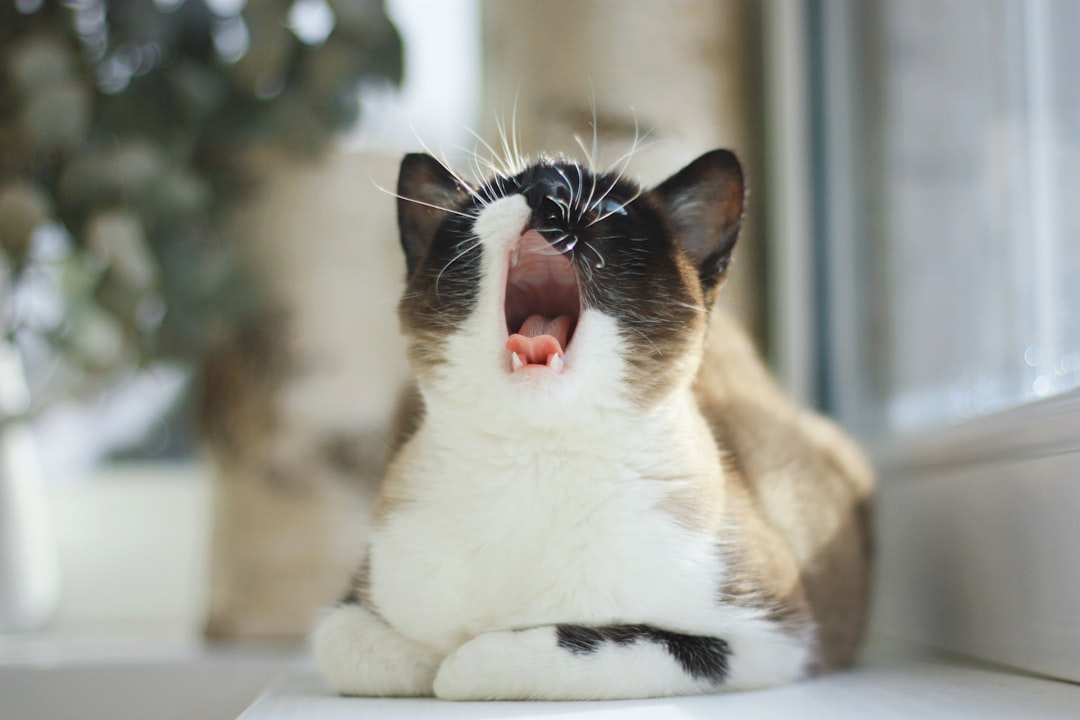
Signs of Sensitivity to Catnip in Kittens
When considering whether can kittens have catnip, it’s essential to recognize the signs of sensitivity that might arise. Not all kittens react the same way to catnip, and some may even experience adverse effects. Here are common indicators to watch for:
- Excessive Playfulness: If your kitten becomes overly energetic or playful after exposure to catnip, it indicates a positive reaction.
- Rolling and Rubbing: Kittens often roll on the ground or rub their faces against the catnip, showing excitement.
- Vocalization: Some kittens may meow or purr more than usual when experiencing catnip effects.
- Calmness: Alternatively, if your kitten becomes unusually calm or sedate, they may be sensitive to catnip’s effects.
Conversely, signs of discomfort include:
- Aggressive Behavior: A sudden change to aggression could indicate too much catnip stimulation.
- Vomiting or Diarrhea: If your kitten experiences gastrointestinal distress after exposure, it’s best to avoid catnip in the future.
Monitoring these signs is crucial when exploring whether can kittens have catnip safely. Always introduce it gradually to ensure a positive experience.
Appropriate Age for Kittens to Try Catnip
When considering if can kittens have catnip, timing plays a crucial role. Kittens typically show a reaction to catnip around 3 to 6 months of age. Here’s a quick breakdown:
Under 3 months:
- Kittens are usually too young to experience the effects of catnip.
- At this stage, they rely more on their mother and don’t yet have the receptors needed to respond.
3 to 6 months:
- Most kittens start to react to catnip during this period.
- Their sensitivity might vary, as not all cats are affected by catnip.
6 months and older:
- By this age, kittens generally showcase a stronger reaction to catnip, enjoying it as a playful stimulant.
To sum up, introducing catnip too early may not yield any results. Instead, wait until your kitten reaches at least 3 months of age to explore if can kittens have catnip and enjoy the delightful experiences it may offer. Always monitor their reactions to ensure a positive experience!
Alternatives to Catnip for Young Cats
While many wonder, can kittens have catnip, it’s essential to know that not all young cats respond to it. Moreover, some might be too young to enjoy it fully. Fortunately, several alternatives exist to engage your feline friend:
- Silver Vine: A powerful herb that often excites cats even more than catnip!
- Valerian Root: This root can stimulate playful behavior and is safe for kittens.
- Cat Thyme: An alternative that promotes relaxation and playful actions without overstimulation.
- Felis catus Leaves: These leaves appeal to many cats and can serve as a playful distraction.
Comparison of Catnip Alternatives
| Alternative | Safety for Kittens | Stimulation Level | Easy to Find |
|---|---|---|---|
| Silver Vine | Yes | High | Moderate |
| Valerian Root | Yes | Moderate | Moderate |
| Cat Thyme | Yes | Low to Moderate | Easy |
| Felis catus Leaves | Yes | Moderate | Moderate to Easy |
By exploring these options, you can ensure your kitten remains engaged and stimulated while addressing the question, can kittens have catnip?
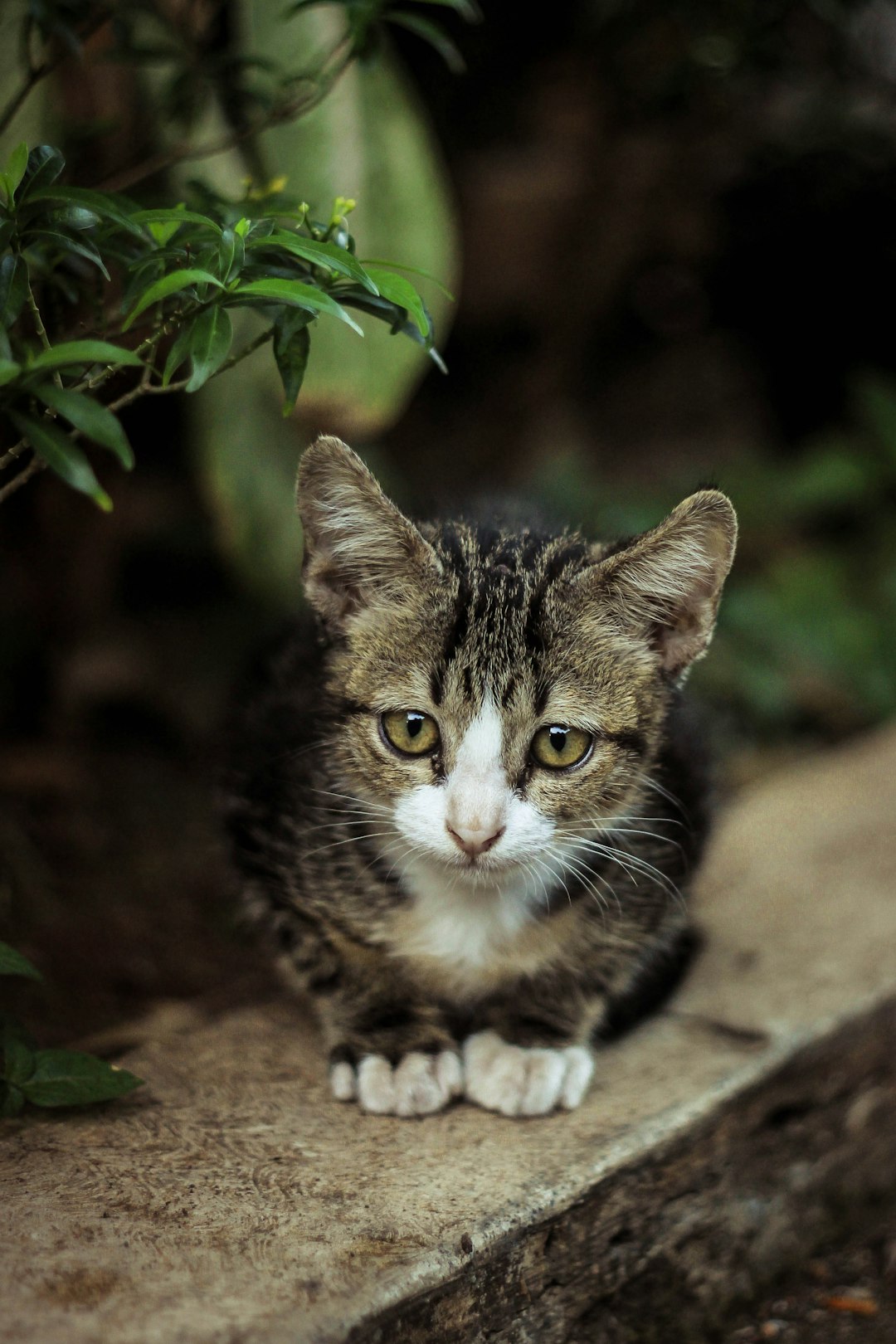
Best Practices for Catnip Usage with Kittens
When considering whether can kittens have catnip, it’s essential to follow best practices to ensure their safety and enjoyment. Here are some tips for introducing catnip to your young cat:
Start Slow: Begin with a minimal amount of catnip. This allows you to observe how your kitten reacts to the herb.
Age Matters: Only introduce catnip to kittens that are at least 3-6 months old. Younger kittens might not exhibit a reaction because they lack the necessary receptors.
Choose the Right Form: Use catnip in its purest form, such as dried leaves or sprays. Avoid products with added chemicals or fillers.
Monitor Reactions: Watch your kitten during and after exposure to catnip. Look for signs of excitement like purring and playful behavior, or signs of overstimulation such as aggression or lethargy.
Limit Exposure: To prevent desensitization, offer catnip only once a week. This helps maintain their interest.
In conclusion, if you’re wondering, can kittens have catnip safely, implementing these best practices will ensure a positive experience for your furry friend.
Frequently Asked Questions
Can kittens safely consume catnip?
Yes, kittens can safely consume catnip, but moderation is key. Most experts recommend introducing catnip to kittens only after they reach 6 months of age, as younger kittens may not yet have developed the sensitivity to catnip’s active compound, nepetalactone. Even so, when they are old enough, small amounts of catnip can be beneficial for their playtime, helping to stimulate their natural instincts and encouraging physical activity.
How does catnip affect kittens?
Catnip can have a stimulating effect on kittens, leading to playful, energetic behavior. This reaction is due to the nepetalactone compound that interacts with the scent receptors in a cat’s brain, creating a euphoric feeling. However, not all cats are affected by catnip; sensitivity is hereditary, and about 50-75% of cats exhibit a response. It’s important to observe your kitten’s reaction, as some may show signs of excitement while others remain indifferent.
What is the best way to introduce catnip to a kitten?
Introducing catnip to a kitten should be done gradually to ensure they respond positively. Start by offering them a small amount of dried catnip or a catnip-infused toy. Observe your kitten’s reaction for a few minutes. If they seem to enjoy it, you can gradually increase the exposure. However, limit catnip sessions to about 10-15 minutes to prevent overstimulation. Providing catnip in various forms, such as sprays or stuffed toys, can also keep things interesting.
Are there any risks associated with giving catnip to kittens?
While catnip is generally safe for kittens, it is important to monitor their reactions. Overindulgence can lead to temporary digestive upset, including vomiting or diarrhea. Additionally, kittens should not be given catnip if they exhibit signs of aggression or excessive stimulation. As with any new treat or toy, it’s always a good practice to consult with a veterinarian before introducing catnip, especially for very young or sensitive kittens.

